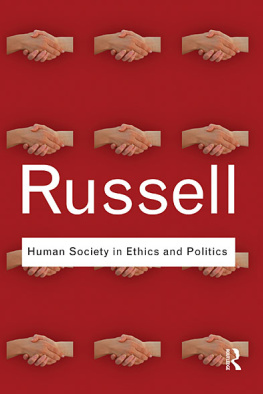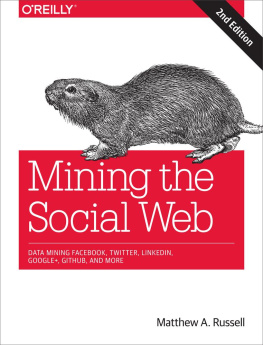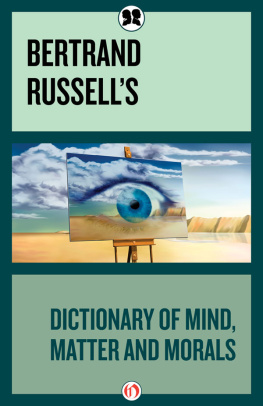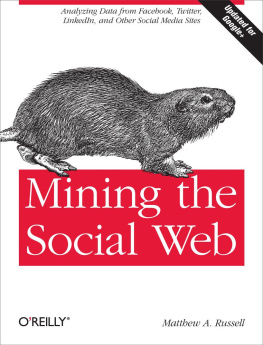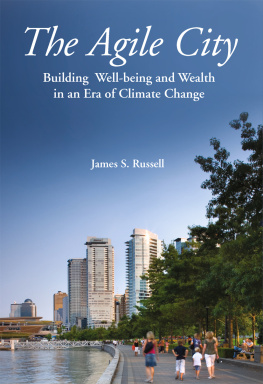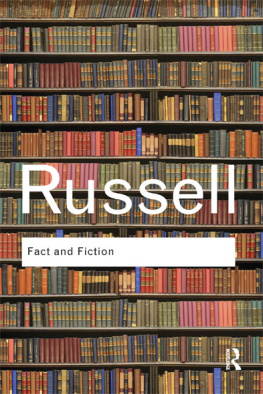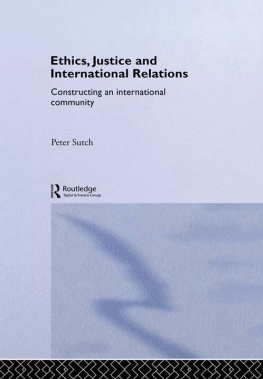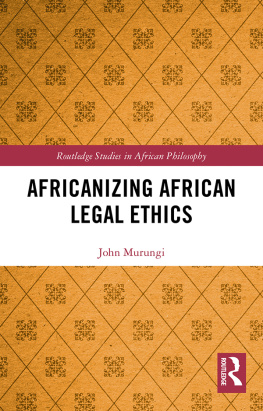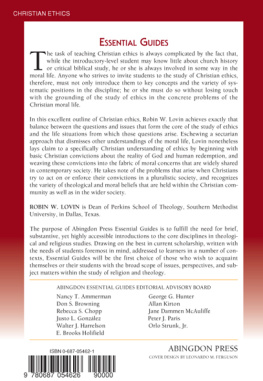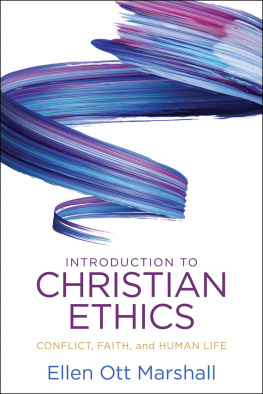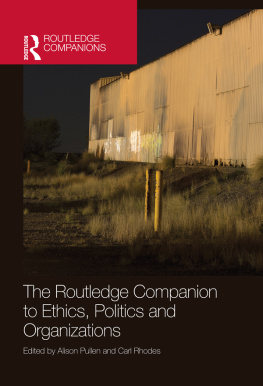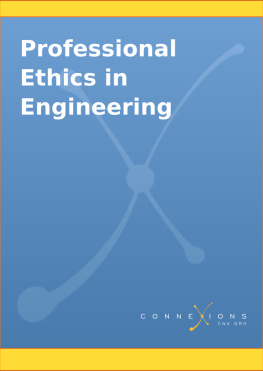Russell - Human Society in Ethics and Politics
Here you can read online Russell - Human Society in Ethics and Politics full text of the book (entire story) in english for free. Download pdf and epub, get meaning, cover and reviews about this ebook. year: 2009, publisher: Taylor & Francis, genre: Religion. Description of the work, (preface) as well as reviews are available. Best literature library LitArk.com created for fans of good reading and offers a wide selection of genres:
Romance novel
Science fiction
Adventure
Detective
Science
History
Home and family
Prose
Art
Politics
Computer
Non-fiction
Religion
Business
Children
Humor
Choose a favorite category and find really read worthwhile books. Enjoy immersion in the world of imagination, feel the emotions of the characters or learn something new for yourself, make an fascinating discovery.
Human Society in Ethics and Politics: summary, description and annotation
We offer to read an annotation, description, summary or preface (depends on what the author of the book "Human Society in Ethics and Politics" wrote himself). If you haven't found the necessary information about the book — write in the comments, we will try to find it.
Human Society in Ethics and Politics — read online for free the complete book (whole text) full work
Below is the text of the book, divided by pages. System saving the place of the last page read, allows you to conveniently read the book "Human Society in Ethics and Politics" online for free, without having to search again every time where you left off. Put a bookmark, and you can go to the page where you finished reading at any time.
Font size:
Interval:
Bookmark:
Human Society in Ethics and Politics
The most careful and systematic discussion of the philosophy of ethics ever written
Herald Tribune
This book is a model of philosophical lucidity
The Observer
The best course is to give him up as hopeless and read everything he writes
Saturday Review
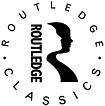
Routledge Classics contains the very best of Routledge publishing over the past century or so, books that have, by popular consent, become established as classics in their field. Drawing on a fantastic heritage of innovative writing published by Routledge and its associated imprints, this series makes available in attractive, affordable form some of the most important works of Modern times.
For a complete list of titles visit www.routledge.com/classics
Bertrand Russell

London and New York
This edition first published in 1954
by George Allen & Unwin Ltd.
First published in the Routledge Classics in 2010
by Routledge
2 Park Square, Milton Park, Abingdon, Oxon OX14 4RN
Simultaneously published in the USA and Canada
by Routledge
270 Madison Avenue, New York, NY 10016
Routledge is an imprint of the Taylor & Francis Group, an informa business
This edition published in the Taylor & Francis e-Library, 2009.
To purchase your own copy of this or any of Taylor & Francis or Routledges collection of thousands of eBooks please go to www.eBookstore.tandf.co.uk.
2010 The Bertrand Russell Peace Foundation Ltd
Introduction 1992 John G. Slater
All rights reserved. No part of this book may be reprinted or reproduced or utilized in any form or by any electronic, mechanical, or other means, now known or hereafter invented, including photocopying and recording, or in any information storage or retrieval system, without permission in writing from the publishers.
British Library Cataloguing in Publication Data
A catalogue record for this book is available from the British Library
Library of Congress Cataloging in Publication Data
A catalog record for this book has been requested
ISBN13: 978-1-135-22331-1 ePub ISBN
ISBN10: 0415487374
ISBN10: 0203864794 (ebk)
ISBN13: 9780415487375
ISBN13: 9780203864791 (ebk)
The first nine chapters of this book were written in 19456, the rest in 1953, except , which was the lecture I gave in Stockholm on the occasion of receiving the Nobel Prize for Literature. I had originally intended to include the discussion of ethics in my book on Human Knowledge, but I decided not to do so because I was uncertain as to the sense in which ethics can be regarded as knowledge.
This book has two purposes: first, to set forth an undogmatic ethic; and second, to apply this ethic to various current political problems. There is nothing startlingly original in the ethic developed in the first Part of this book, and I am not sure that I should have thought it worth while to set it forth, except for the fact that, when I make ethical judgments on political questions, I am constantly told by critics that I have no right to do so, since I do not believe in the objectivity of ethical judgments. I do not think this criticism valid, but to show that it is not valid requires certain developments which cannot be altogether brief.
The second Part of this book does not attempt to be a complete theory of politics. I have dealt with various parts of the theory of politics in previous books, and in this book I deal only with those parts that, in addition to being closely related to ethics, are of urgent practical importance in the present day. I have hoped that, by setting our actual problems in a large impersonal framework, I may cause them to be viewed with less heat, less fanaticism, and a smaller amount of worry and fret than is easily possible when they are viewed only in a contemporary context.
I hope also that this book, which is concerned throughout with human passions and their effect upon human destiny, may help to dispel a misunderstanding not only of what I have written, but of everything written by those with whom I am in broad agreement. Critics are in the habit of making a certain accusation against me which seems to imply that they approach my writings with a preconception so strong that they are unable to notice what, in fact, I say. I am told over and over again that I over-estimate the part of reason in human affairs. This may mean that I think either that people are, or that they ought to be, more rational than my critics believe them to be. But I think there is a prior error on the part of my critics, which is that they, not I, irrationally over-estimate the part which reason is capable of playing, and this comes I think from the fact that they are in complete confusion as to what the word reason means.
Reason has a perfectly clear and precise meaning. It signifies the choice of the right means to an end that you wish to achieve. It has nothing whatever to do with the choice of ends. But opponents of reason do not realize this, and think that advocates of rationality want reason to dictate ends as well as means. They have no excuse for this view in the writings of rationalists. There is a famous sentence: Reason is and ought only to be, the slave of the passions. This sentence does not come from the works of Rousseau or Dostoevsky or Sartre. It comes from David Hume. It expresses a view to which I, like every man who attempts to be reasonable, fully subscribe. When I am told, as I frequently am, that I almost entirely discount the part played by the emotions in human affairs, I wonder what motive-force the critic supposes me to regard as dominant. Desires, emotions, passions (you can choose whichever word you will), are the only possible causes of action. Reason is not a cause of action but only a regulator. If I wish to travel by plane to New York, reason tells me that it is better to take a plane which is going to New York than one which is going to Constantinople. I suppose that those who think me unduly rational, consider that I ought to become so agitated at the airport as to jump into the first plane that I see, and when it lands me in Constantinople I ought to curse the people among whom I find myself for being Turks and not Americans. This would be a fine, full-blooded way of behaving, and would, I suppose, meet with the commendation of my critics.
One critic takes me to task because I say that only evil passions prevent the realization of a better world, and goes on triumphantly to ask, are all human emotions necessarily evil? In the very book that leads my critic to this objection, I say that what the world needs is Christian love, or compassion. This, surely, is an emotion, and, in saying that this is what the world needs, I am not suggesting reason as a driving force. I can only suppose that this emotion, because it is neither cruel nor destructive, is not attractive to the apostles of unreason.
Why, then, is there this violent passion which causes people, when they read me, to be unable to notice even the plainest statement, and to go on comfortably thinking that I say the exact opposite of what I do say? There are several motives which may lead people to hate reason. You may have incompatible desires and not wish to realize that they are incompatible. You may wish to spend more than your income and yet remain solvent. And this may cause you to hate your friends when they point out the cold facts of arithmetic. You may, if you are an old-fashioned schoolmaster, wish to consider yourself full of universal benevolence, and at the same time derive great pleasure from caning boys. In order to reconcile these two desires you have to persuade yourself that caning has a reformatory influence. If a psychiatrist tells you that it has no such influence on some peculiarly irritating class of young sinners, you will fly into a rage and accuse him of being coldly intellectual. There is a splendid example of this pattern in the furious diatribe of the great Dr. Arnold of Rugby against those who thought ill of flogging.
Font size:
Interval:
Bookmark:
Similar books «Human Society in Ethics and Politics»
Look at similar books to Human Society in Ethics and Politics. We have selected literature similar in name and meaning in the hope of providing readers with more options to find new, interesting, not yet read works.
Discussion, reviews of the book Human Society in Ethics and Politics and just readers' own opinions. Leave your comments, write what you think about the work, its meaning or the main characters. Specify what exactly you liked and what you didn't like, and why you think so.

